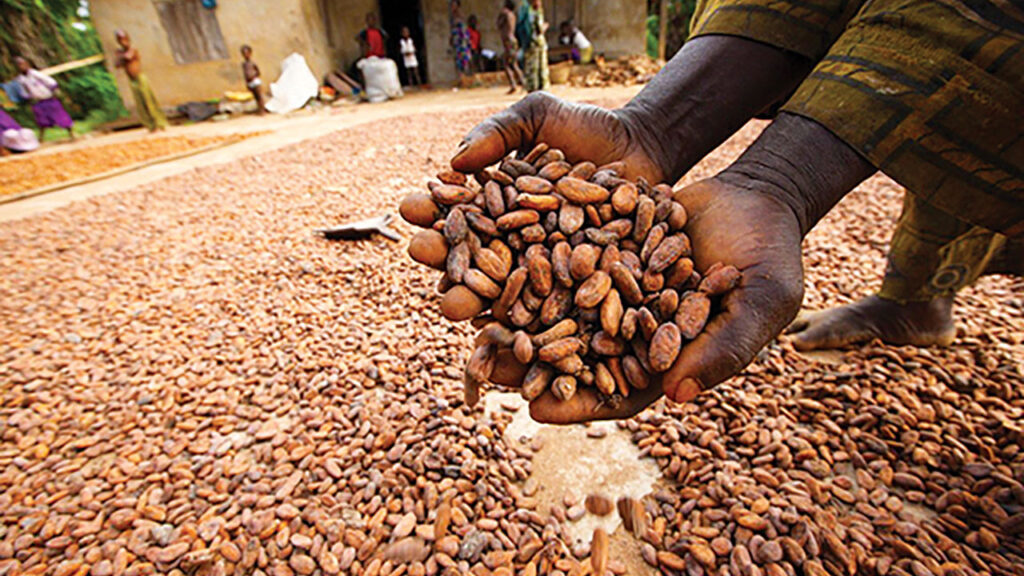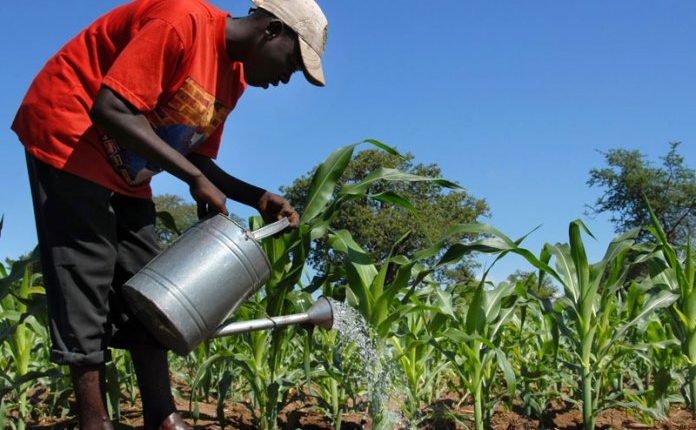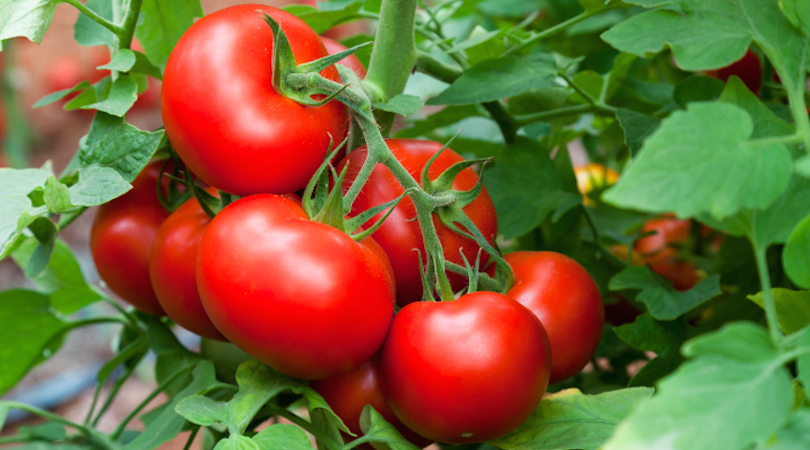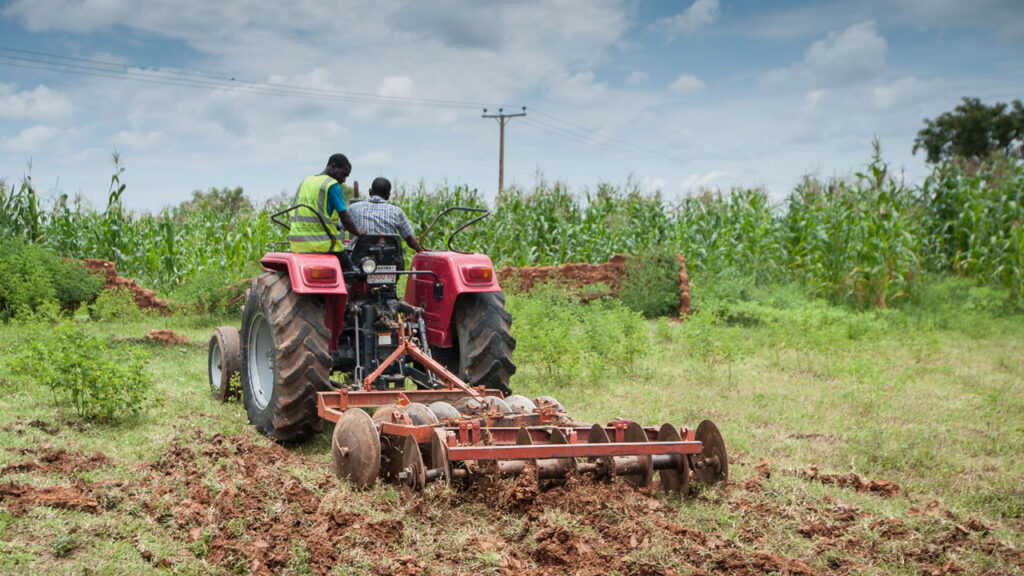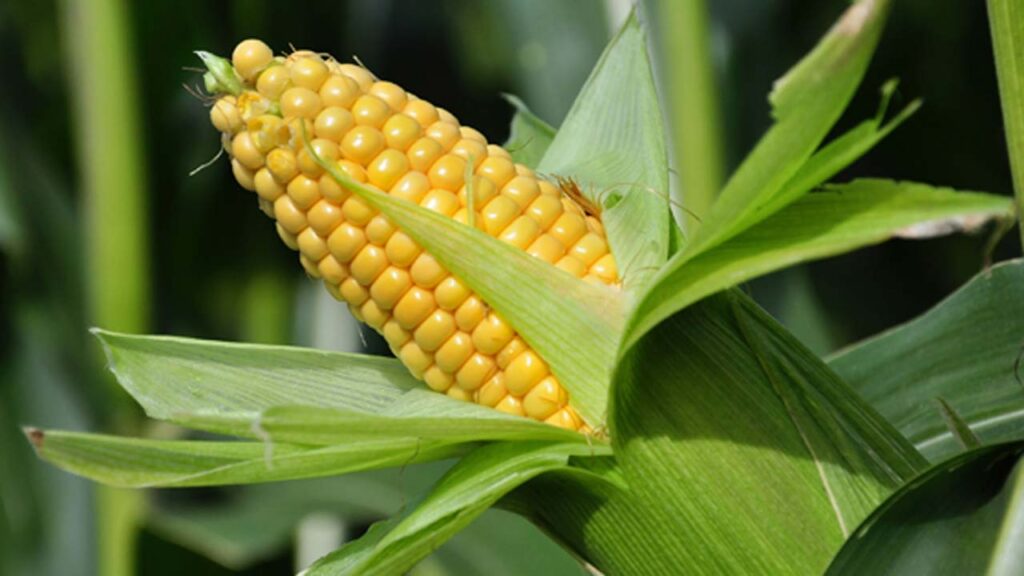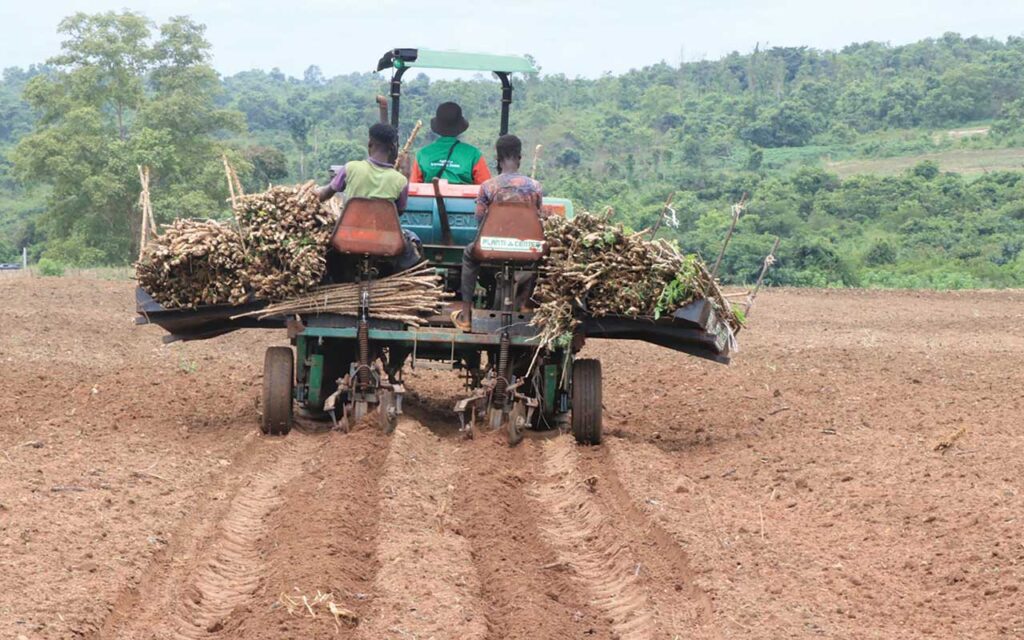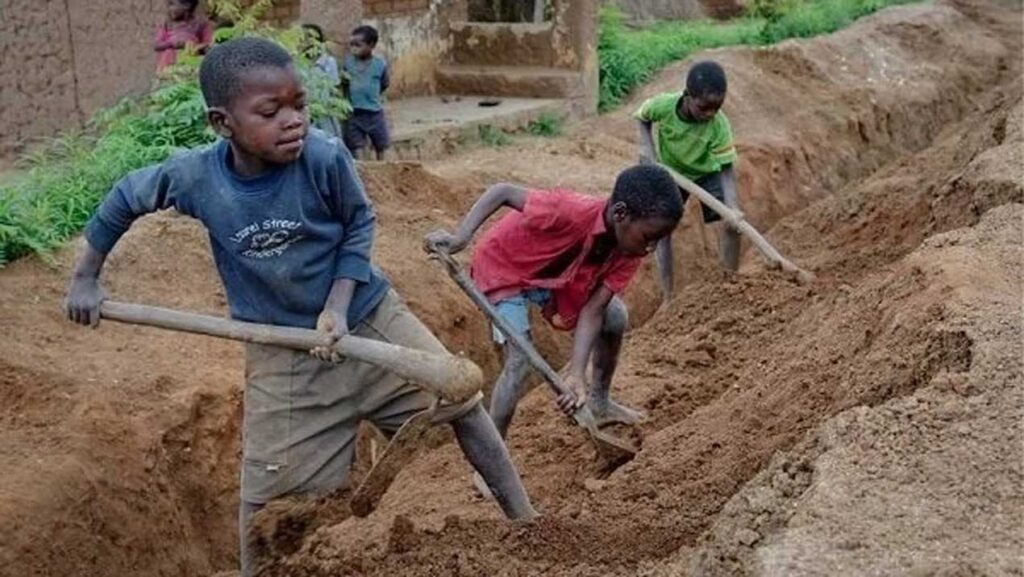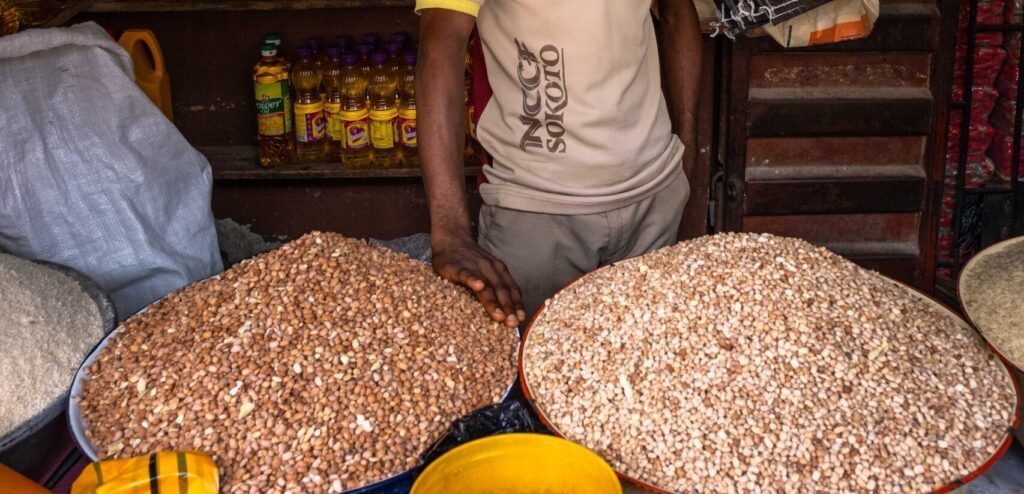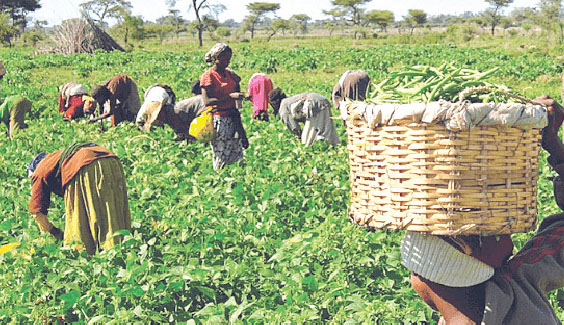
To achieve optimum food production in Africa, the continent leaders have been urged to support organic agriculture with the right policies and financing to tackle the perennial challenges of environmental degradation.
This was the position of experts and stakeholders, drawn from the agric industry and the academia across the continent, during a workshop on the ‘Multiplier Mapping For Acquisition And Knowledge Dissemination Within The Knowledge Centre for Organic Agriculture (KCOA) project, organised by the Association of Organic Agriculture Practitioners of Nigeria (NOAN) in Ibadan, Oyo State.
The workshop was meant to serve as a build-up multiplier project that would be a game changer for the participants to step down the training for the benefit of the local farmers.
The KCOA project, which aims at closing the knowledge gap in organic agriculture in Africa, is an innovative concept for the promotion of organic farming. Regional knowledge hubs have been implemented jointly within the framework with actors from West, East, North and Southern Africa. The West Africa pole is installed in Senegal.
The acting Head of Department, Soil Science, University of Uyo, Akwa Ibom State and Country Coordinator for KCOA, representing NOAN in the project, Dr. Jude Obi, said the problems of food shortage and environmental degradation will be addressed with organic agriculture, saying if the African leaders have decided that organic agriculture should lead the way, they should come out boldly and support the organic agriculture practices both in policies and economics.
Obi said: “The greatest problem Africa has is its inability to effectively utilise the available resources. So, this project will collate those resources and make them available. Once those resources are made available, we will make use of them. Then, the problems of food shortage and environmental degradation will be solved. The problems are tied together, because the use of inorganic materials to produce and process our crops is affecting our environment.
“So, the more we are able to transit to the environmental friendly system, crop production and agriculture, the better for us. So, this particular system would gradually transit to environmentally friendly practice for organic agriculture.
“Organic agriculture came to Africa through the decision of the African Union (AU) President. They decided that organic agriculture is the main thing in Africa, because most of the environments in Africa are very sensitive. Africa is dominated by sub-Sahara areas where the soil is weak, the environment is very sensitive and it has been affected with climate change.
“The major solution is organic agriculture. Mainly, organic agriculture is practicing agriculture in a very friendly and conducive way without using extraneous materials that will make the environment deteriorate.”
On his part, the President of NOAN, Prof. Victor Olowe expressed concern that governments are not doing enough to encourage organic agriculture.
Prof. Olowe said: “Organic agriculture takes good care of the health of the entire system. The government has not done enough in organic agriculture. But it is difficult for governments to satisfy every facet within the sector. We will keep partnering with the government as an association.”
The Project Manager of KCOA-FENAB, Mouhamed SEEK, said knowledge hubs were being introduced as an innovative strategy for promoting organic agriculture with actors in the regions of Africa. He identified three types of multipliers in the project, which are all about disseminating knowledge about organic agriculture.
Also, Nandiaye Ndiaye, who is on the FENAB platform, representing West Africa KCOA, said the project, which targets multipliers, would bridge the knowledge gap in organic agriculture.


